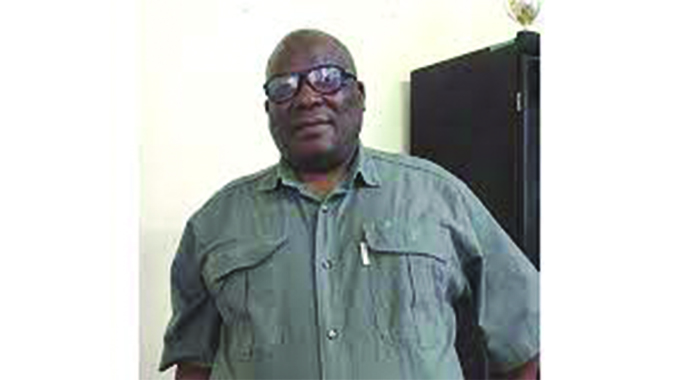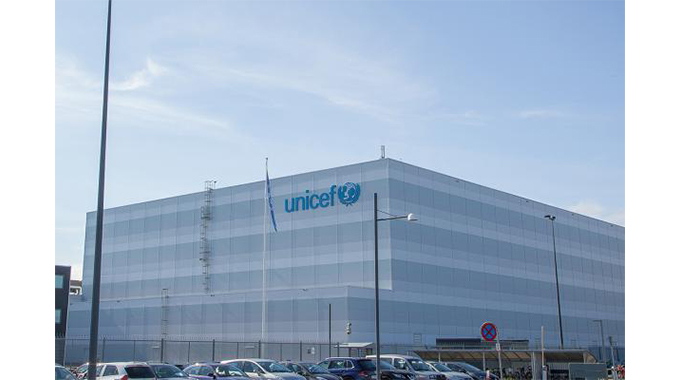Rural communities face challenges in sanitation, hygiene issues

Yoliswa Dube-Moyo, Matabeleland South Bureau Chief
RURAL communities are lagging behind in sanitation and hygiene issues as less than 20 percent of public facilities have hand-washing mechanisms in place.

water, sanitation and hygiene (WASH)
At the institutional level, water, sanitation and hygiene (WASH) is recognised by the provision of usable and safe toilets, but there are no hand-washing facilities in most institutions such as schools, health facilities, business centres, churches and community halls.
According to a recent WASH co-ordination report, health institution incineration is less than 50 percent in eight provinces across the country.
Matabeleland South provincial water, sanitation and hygiene sub-committee chairperson, Mr Moment Malandu said the major gaps in the province were as a result of water shortage and illegal gold miners who proliferate open defecation.
“Sanitation goes with water and in Matabeleland South we have serious water problems in certain areas particularly during the dry season.
What worsens the matter is that most of our dams have since silted or burst their walls such that they no longer hold water.
As a result, people and livestock share the little available water meaning that at the peak of it, people have to ration water,” said Mr Malandu.
“This province is gold-rich and as such, there are so many illegal gold miners who migrate across the province.
Where they are, there are no toilets, there’s open defecation everywhere and no one has found the formula of taming them.
You can’t tell them to build toilets.”
He said legislation was needed to tame illegal gold miners.
“The shortage of surface water can be addressed by way of building or repairing our dams so that we have water for livestock and people can use the hand-pumps.
But on illegal gold miners, we need political weight by way of legislation. No one can tame illegal gold miners except legislation,” said Mr Malandu.
He added that in schools, girls were disadvantaged due to the unavailability of water and girl-friendly toilets.
“Schools still share boreholes with communities and in such cases you find that communities are given preference over the school, which affects girls more.

Unicef
Most schools don’t have girl-friendly toilets although there are certain donor organisations like Unicef putting up toilets.
This is, however, still on a small scale but there is progress,” said Mr Malandu.
To address gaps in WASH, the report says there is a need to rejuvenate Government decision-making structures at all levels.
“Develop one comprehensive updated water sector policy, covering all sub-sectors; also develop a sector strategy and financing plan to achieve updated national targets.
Update national data sets through audits and needs assessments; and develop one monitoring framework and a process of annual joint sector reviews. Develop an overall sector financing strategy.
Develop a national capacity building programme,” reads the report.
According to the report, the urgent case for increased investment needs to be made at the highest levels.
“Institute inclusive coordination mechanisms, working in partnership with parallel financing modalities, and establishing an independent sector regulator,” reads the report.
It recommends that a national programme to repair and rehabilitate wells and boreholes be initiated. — @Yolisswa












Comments